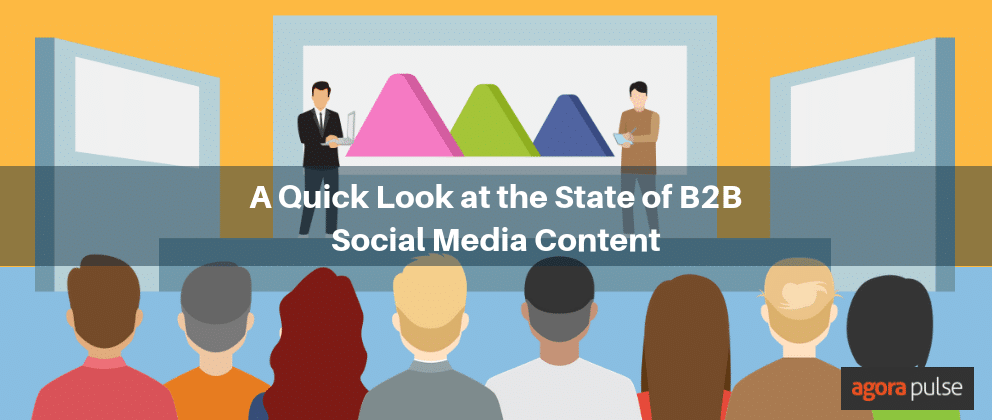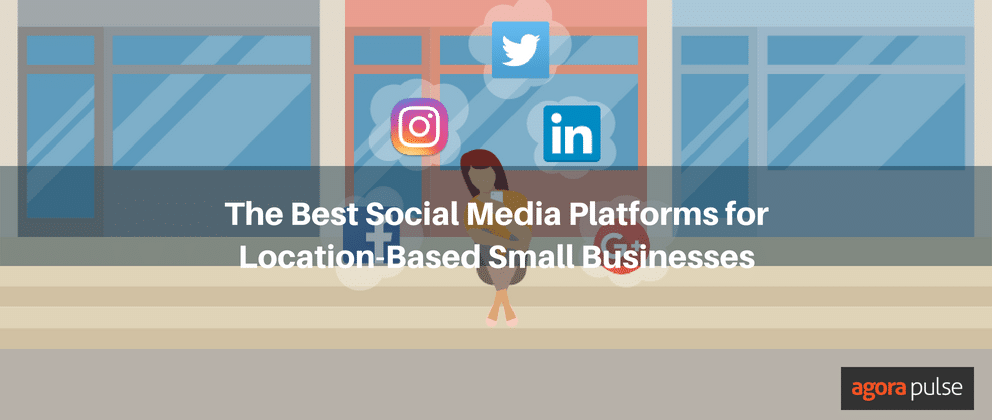“B2B” and “brand personality” are two phrases one doesn’t often hear in the same sentence. Personality and business-to-business just don’t stick together.
It’s time to change that.
Maybe you work for a company that hasn’t even thought about its brand personality. Or perhaps your marketing team has gotten so caught up in talking about features and benefits that you’ve lost sight of the real essence of your brand, much less the story of how it came to be.
In some cases, executives at companies selling to other businesses are convinced that their company doesn’t have – or need – a brand personality. They’re wrong.
Every brand has a personality.
The social media era not only accelerates communications, it highlights the fact that every business has a brand – and a personality to go with it. Whether it is fun or funky, edgy or erudite, there are attributes of your brand that communicate personality, even if you haven’t given it a thought.
Every interaction, and every communication between your company and its customers, employees, partners, investors, and the media is expressing an aspect of this personality. Your challenge as a B2B marketer is to be sure that the brand buyers’ experience is consistent with the brand you want your business to reflect.
Reputation is a Story
Online or off, corporate interactions contribute to a reputation the same way our interpersonal interactions create impressions of us as individuals. While we’d like everyone to love us, the reality is that not everyone sees you – or your company – the same way.
You may really like the guy in the office across the hall, but your friends might think he’s a jerk because they’ve had a different experience with him. Their story is unique to that experience, and if you ask, they’ll tell you all about it.
Your customers have stories, too, and they’re more than happy to share.
Social Media Magnification
Social media magnifies brand perceptions because there is so much more information available on which to base a decision. Stories that in the past might have been shared between just a few people are now online for the entire world to see.
Even if your company is not highly engaged in social marketing, your employees, partners, and industry media are, and they’re talking about your business.
Knowing that, ask yourself:
Is your corporate brand personality creating the right impression?
When used effectively social media can amplify personal connections and forge new ones, putting a personal face on what had previously been a one-dimensional corporation. At the same time, social media shines a light on less favorable brand attributes, so it pays to be intentional about how you communicate.
Do they like you?
Whatever they’re buying, people tend to make purchases from people and brands they like and can relate to. In spite of the appearance of objectivity in B2B, the ultimate purchase decision is often influenced by personal feelings about a sales rep or executive as well as attitudes about corporate reputation and past experiences.
That’s why brand personality is so important, even in B2B. Set up your link in bio, so that your social media followers can get a quick view of your story and personality from your social media landing page. To get more professional knowledge you can certainly check b2b marketing books.
Personifying your B2B brand
B2B marketers need to be proactive in defining their brand. Understanding which brand attributes you want to highlight via social media is the first step in creating a compelling, sharable story about your business.
Is your business helpful? Innovative? Reliable? Speedy? Are you seen as fair, frugal, or friendly? Narrow your list of key attributes and use it as a guide for expressing your corporate brand personality. In addition, leverage insider threat software to ensure your brand’s values and culture are reflected in its security measures.
What’s your story?
Social media is a wonderful resource for B2B branding because it gives companies a platform to tell their story. From start-ups to well-established businesses, every company has stories to tell.
These are stories about the origin of the business, how the company has solved problems, and what role the business plays play in the wider landscape of their market. Stories show the human side of your business, bringing your brand to life.
We love stories because they help us relate to one another. They differentiate one company from another by creating a frame of reference, giving context and history to what would otherwise be flat and impersonal.
We’re all familiar with stories like the origins or Facebook and the ups and downs of Apple. Dig a little and you’ll find your own company has plenty of stories to tell as well. (Like the time a customer needed a critical part and couldn’t get it because of an ice storm, but one of your employees was able to make the delivery.)
To get started, think about:
- Your Company’s Story – when you came from and how you get here
- Your Customers’ Stories – how they use your products
- Success Stories – how your business has made a difference
- Stories of Overcoming Adversity – when your business or service solved a big problems
- Hero Stories – when your company or employees came “to the rescue”
- Stories About Life – people stories from your team or your customers
Share via Social
Once you have a few stories to tell, start sharing them. Weave them into all of your communications, especially via social media.
- Create videos of executives and employees telling you stories.
- Write your stories up on blog posts and in articles.
- Share them in the media every chance you get.
- Tweet links to stories on LinkedIn or Facebook.
- Put pictures that illustrate your stories on Pinterest or Instagram.
- Invite customers to share their own stories through photos, videos, and blogs. Make sure your CRM process is well-organized!
- Create contests and promotions around stories.
- Build a community on stories that bring customers together.
As you start telling the story of your business, customers will recall their own stories. Using social media to capture and share these stories will not only highlight the power of your customer connections, but it will also build momentum and visibility for your B2B brand.
Curate your growing collection of stories to be sure they communicate your brand personality in the best light for your business. Focus on authentic stories and weed out any that aren’t absolutely honest. Be transparent in sharing stories that address problems, especially if they can show how issues were addressed to the customer’s benefit.
And don’t forget…have a little fun!




